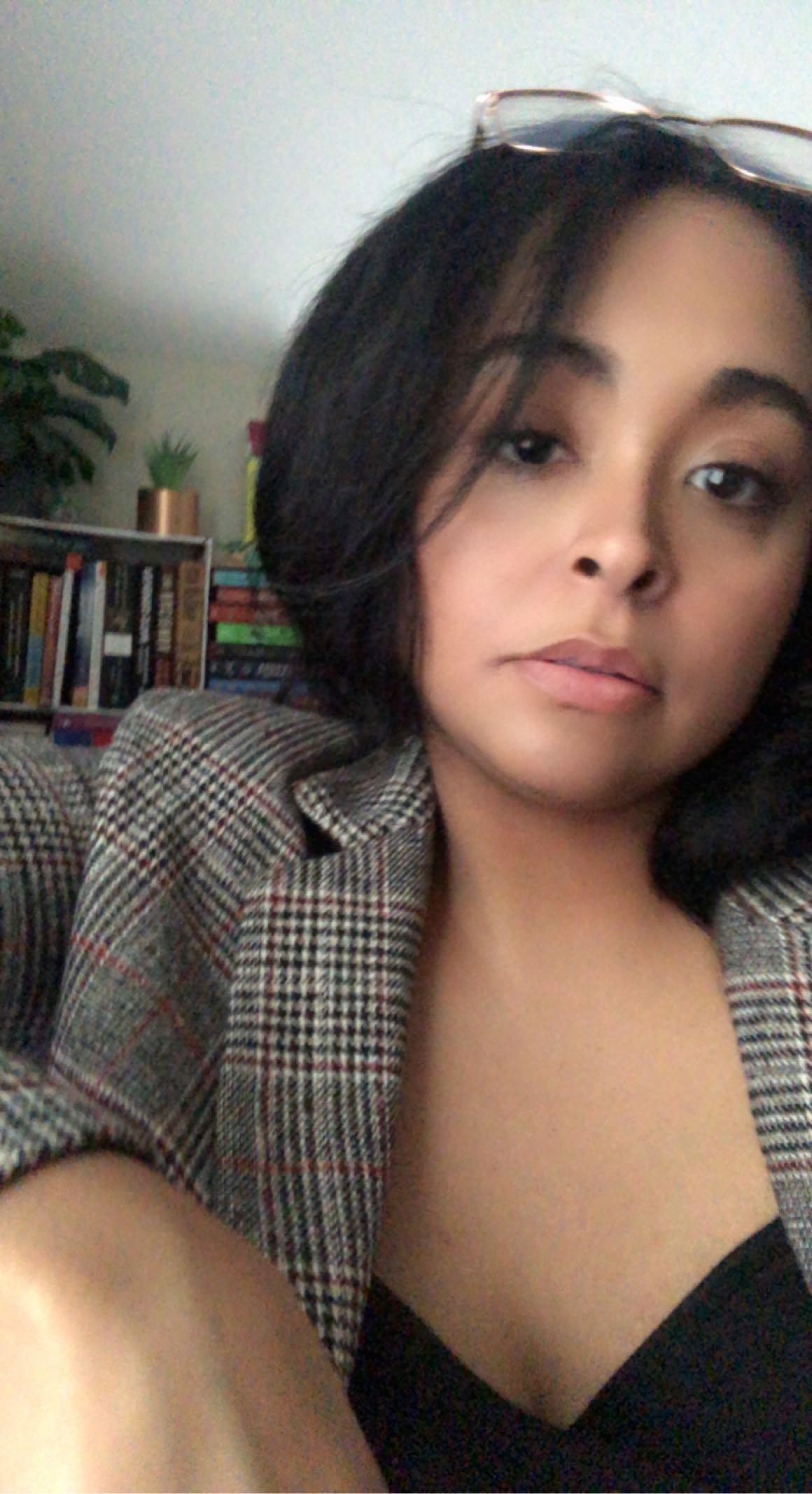Alright – so today we’ve got the honor of introducing you to Marta. We think you’ll enjoy our conversation, we’ve shared it below.
Alright, Marta thanks for taking the time to share your stories and insights with us today. Before we get into specifics, let’s talk about success more generally. What do you think it takes to be successful?
In my experience, success is an ever-evolving concept—a dynamic blend of ambition, resilience, and the courage to redefine goals as the finish line shifts, disappears, or is surpassed.
Growing up in Puerto Rico, I learned that poverty instills a unique kind of determination. Decisions like whether to pay for a family member’s medical treatment, put food on the table, or cover rent weren’t hypothetical—they were our family’s reality. At around nine years old, after a particularly difficult day, I set my first goal: education would be my way out. When we moved to the U.S., I clung to that promise and became the first person in my immediate family to attend college. At the time, I believed this was the ultimate definition of success.
Armed with determination and a degree, I equated success with climbing the corporate ladder. My first job taught me a crucial lesson: hard work alone doesn’t guarantee advancement—advocating for yourself does. I carried this lesson into my next role, requesting and earning both a raise and a promotion when asked to take on responsibilities outside my scope. From there, success seemed to flow: promotions, financial independence, and a stable career. But these achievements came at a cost—working grueling hours, often starting at 4 or 5 AM and continuing until 7 PM or even 10 PM.
By conventional standards, I had “made it.” I was debt-free, supported my family, enjoyed fine dining, and traveled the world. Yet, despite these milestones, something was missing. I was spread thin, perpetually exhausted, and yearning for fulfillment beyond financial success.
A work opportunity in Poland brought a pivotal shift. For the first time, I experienced work-life balance, met incredible people, and even helped my parents buy their first home. Traveling to places like the Namib Desert in Africa was transformative, a poignant reminder of how far I’d come from my childhood struggles. Still, old habits crept back in, and I found myself once again working long hours and questioning whether this version of success was what I truly wanted.
My family’s values centered on securing a stable job and earning enough to survive. No one talked about what came after. Financially secure for the first time, I made a decision that my family still struggles to understand—I left my corporate leadership role to pursue my dream of writing fantasy novels.
Transitioning back to the States wasn’t easy. I took an entry-level job while studying Creative Writing and eventually completed both my degree and my first manuscript. But after facing over seventy rejections from literary agents, I was humbled. Each rejection brought waves of imposter syndrome and forced me to reevaluate my definition of success. For so long, I had equated it with crossing a finish line—earning a degree, landing a high-paying job, or providing for my family.
Over time, I’ve come to see success not as a fixed destination but as a series of milestones. Each goal achieved is a success in its own right, even if it doesn’t lead where I initially expected. This understanding took A LOT of introspection and self-compassion.
Embracing growth, rejection, and the inevitability of change has been one of the most rewarding lessons of my journey. I realized my goals often felt hollow because I poured everything into achieving them, leaving little for myself. I had believed success required sacrifice at all costs, without considering fulfillment, legacy, or even my own well-being. Over time, I’ve learned that reaching a goal shouldn’t mean losing yourself in the process. In many ways, this realization has been one of my greatest successes.
So, what does it take to be successful? Based on my experience, success requires:
-Resilience to persevere in the face of adversity.
-Courage to advocate for yourself.
-Wisdom to know when it’s time to redefine your goals.
-Bravery to pursue authentic dreams, even without the understanding or support from others.
–Humility to learn from setbacks and adapt.
-Balance to recognize that success encompasses more than financial or professional achievements.
Whether or not my book finds traditional publication, the courage to pursue this dream and the personal growth it has inspired already represent a powerful form of success. It’s a reminder that success can take many shapes—whether it’s building a thriving career, supporting loved ones, or following a deeply personal passion. Each of these achievements has shaped the person I am today, and for that, I am truly grateful.
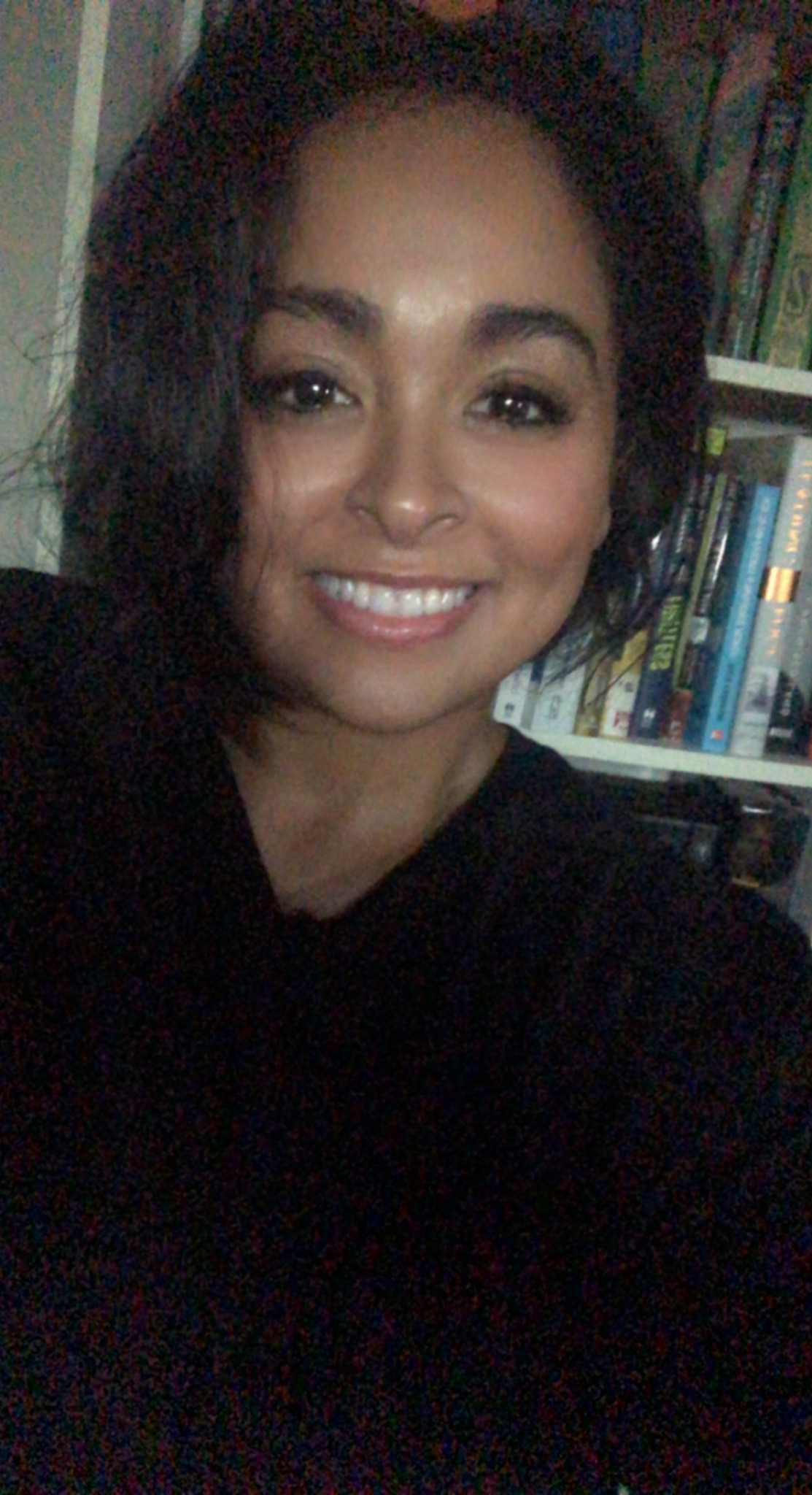
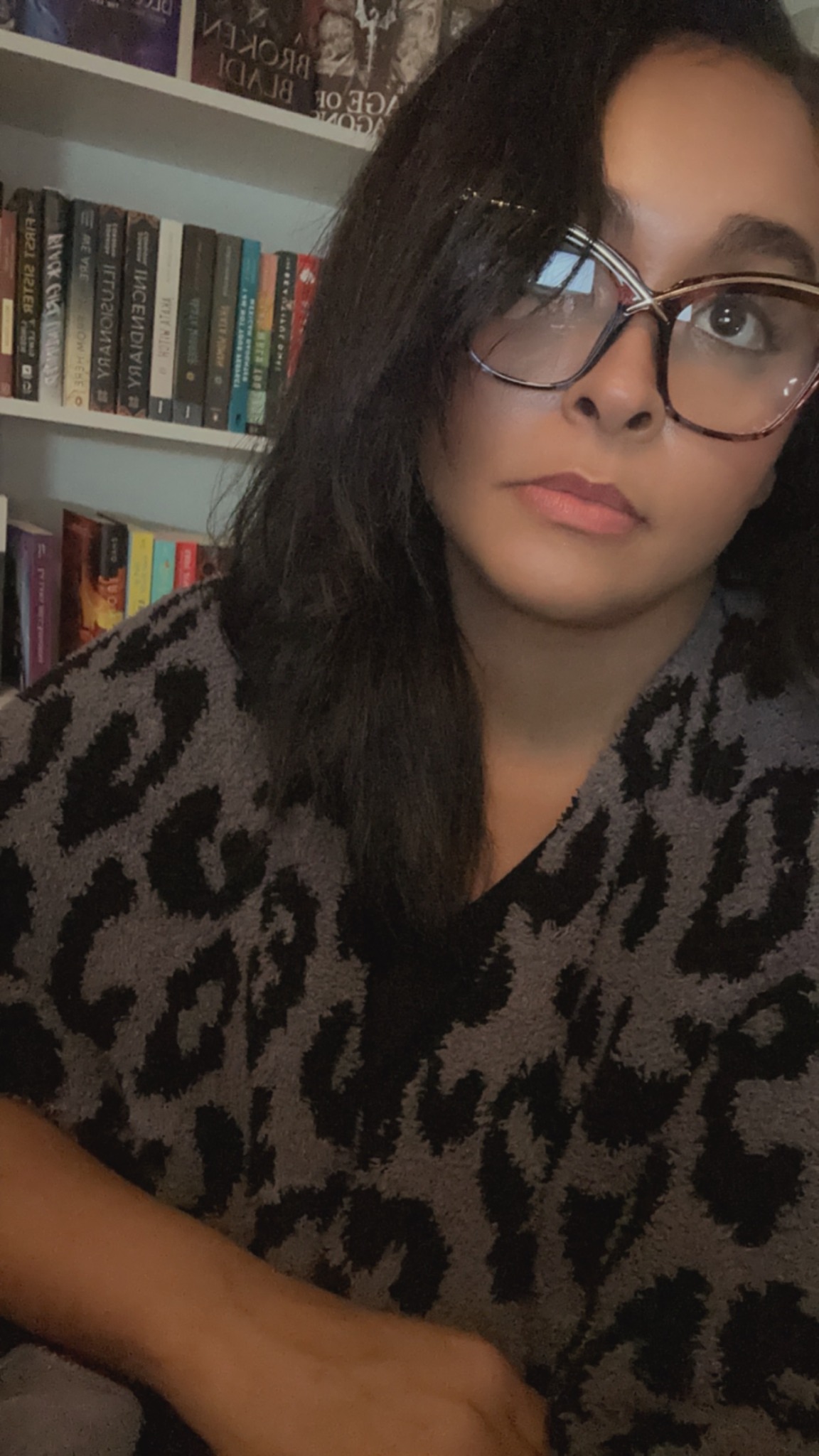
Marta, love having you share your insights with us. Before we ask you more questions, maybe you can take a moment to introduce yourself to our readers who might have missed our earlier conversations?
My name is Marta Maldonado, and a few years ago, I made the bold decision to leave a high-paying leadership role in the financial industry to pursue a more creative path. Growing up in Puerto Rico, my family faced financial struggles, poverty, and the challenges of alcoholism. Books became my escape, especially fantasy novels, which offered rich, imaginative worlds that helped me forget my reality, if only for a while.
As a child, I would spend hours reimagining the endings of the stories I read or saw in movies. I’d come up with alternate plotlines and create new characters—characters that looked like me or resembled the people in my life, something I rarely saw in the media I loved.
That love for storytelling stayed with me into adulthood, but I also became acutely aware of the lack of representation in the genres I enjoyed most. As a person of color, I longed to see main characters who reflected my identity. After reaching a place of financial stability that allowed me to step away from my corporate career, I decided to pursue a Master’s degree in Creative Writing. My goal was clear: to write fiction, primarily fantasy, that not only entertained but also gave a voice to characters and stories that have too often been overlooked.
I’m passionate about crafting intricate worlds and magic systems reminiscent of The Lord of the Rings, Eragon, Black Sun, and An Ember in the Ashes, while weaving in elements from my own Indigenous and Afro-descendant heritage. As I continue honing my craft, my goal is to create stories that both inspire readers and spark meaningful conversations about our society while delivering engaging, entertaining narratives that celebrate and center characters of color.
I’m most proud of taking the leap to follow my passion, even when it meant stepping away from a secure and comfortable career. Writing fiction, especially fantasy, is deeply personal to me because it combines my love of storytelling with my commitment to increasing representation in literature.
My hope is that my work resonates with readers of all backgrounds, but especially with those who’ve longed to see themselves in the pages of a book. I want to craft stories that transport readers to magical worlds while addressing themes of courage, identity, and belonging.
To anyone following my journey or engaging with my work, I hope it helps them recognize that reading is inherently political and that representation by authors of color is deeply significant. I want to encourage readers to broaden their horizons by exploring books featuring diverse characters, specifically those written by Indigenous, Black, and other authors of color.
Through my own journey and writing, I want to remind people that their dreams, stories, and identities matter. My journey stands as proof that it’s never too late to pursue what you love and that representation in every medium isn’t just important—it’s essential.
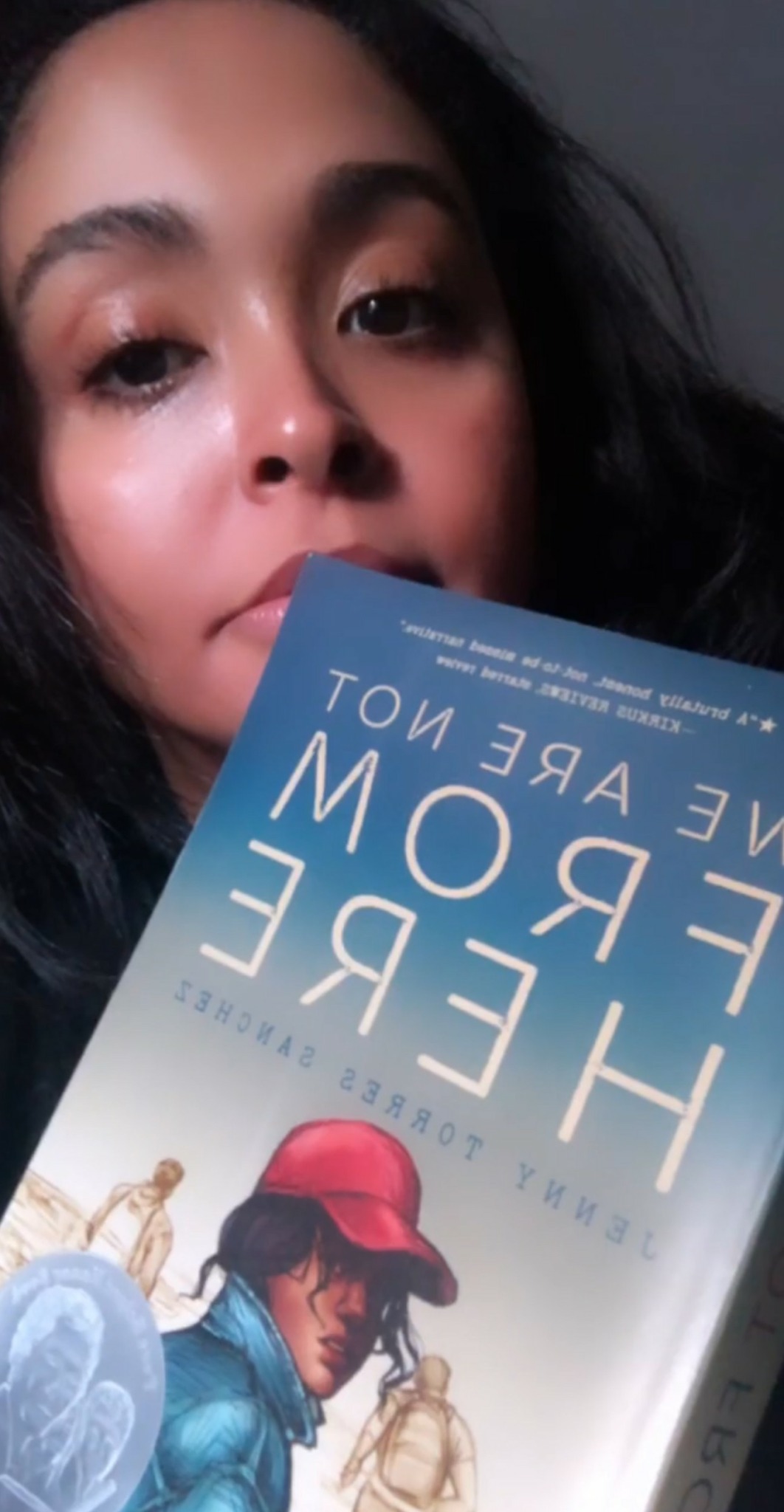
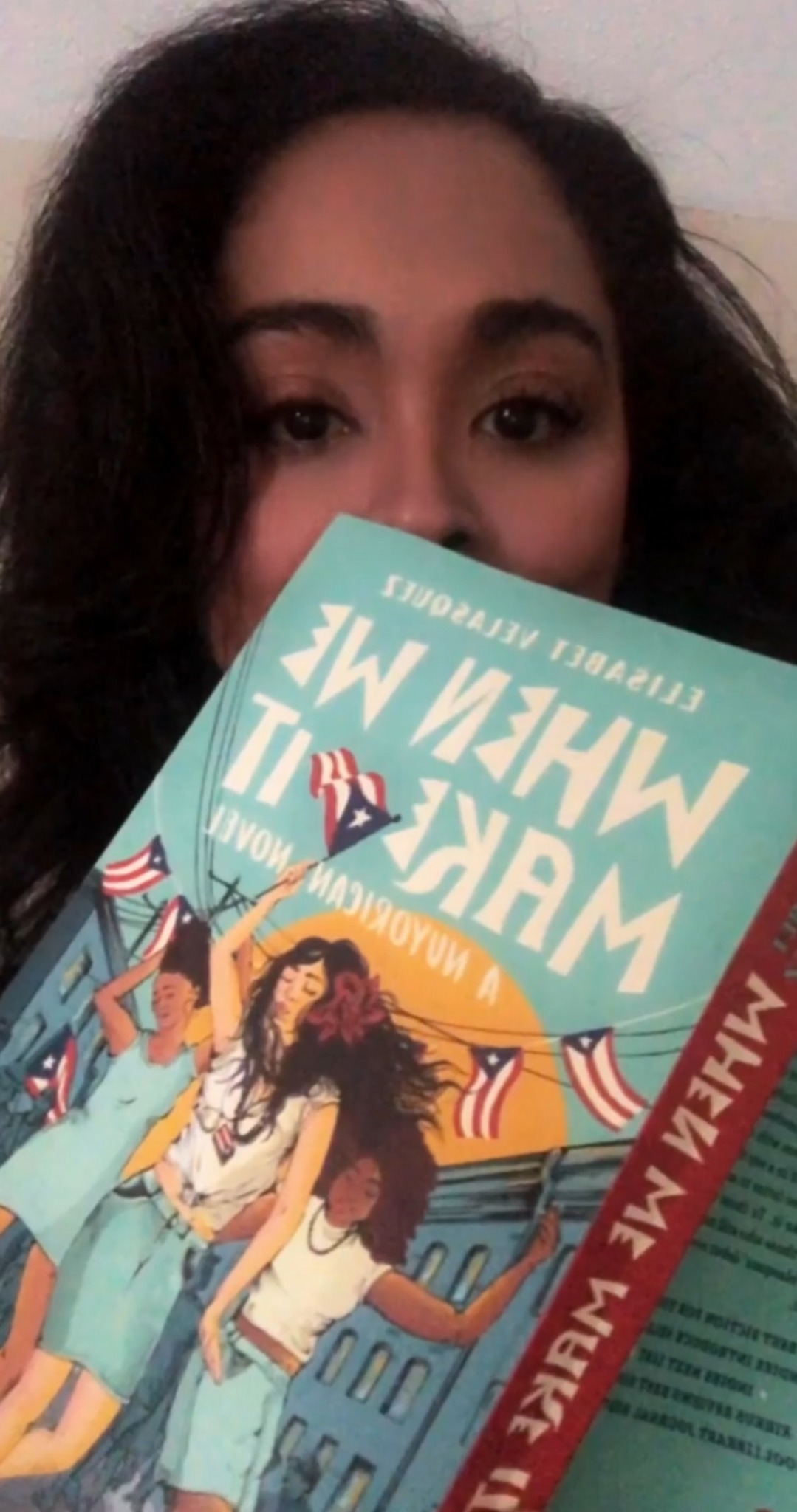
What’s the most rewarding aspect of being a creative in your experience?
I think one of the most rewarding aspects of being a creative is having the power to give voice to stories and perspectives that often go unheard. For me, it’s about weaving the threads of my Indigenous and Afro-descendant heritage into intricate worlds that reflect our beauty, resilience, and struggles.
Creating fantasy worlds allows me to explore deep, universal truths—what it means to endure suffering because of leadership failures, or to find strength in community despite that pain—all through the lens of entertainment. There’s something profoundly fulfilling about crafting a story that both entertains and provokes thought, while honoring some of the cultural richness I come from. It’s about representation, connection, and pushing boundaries.
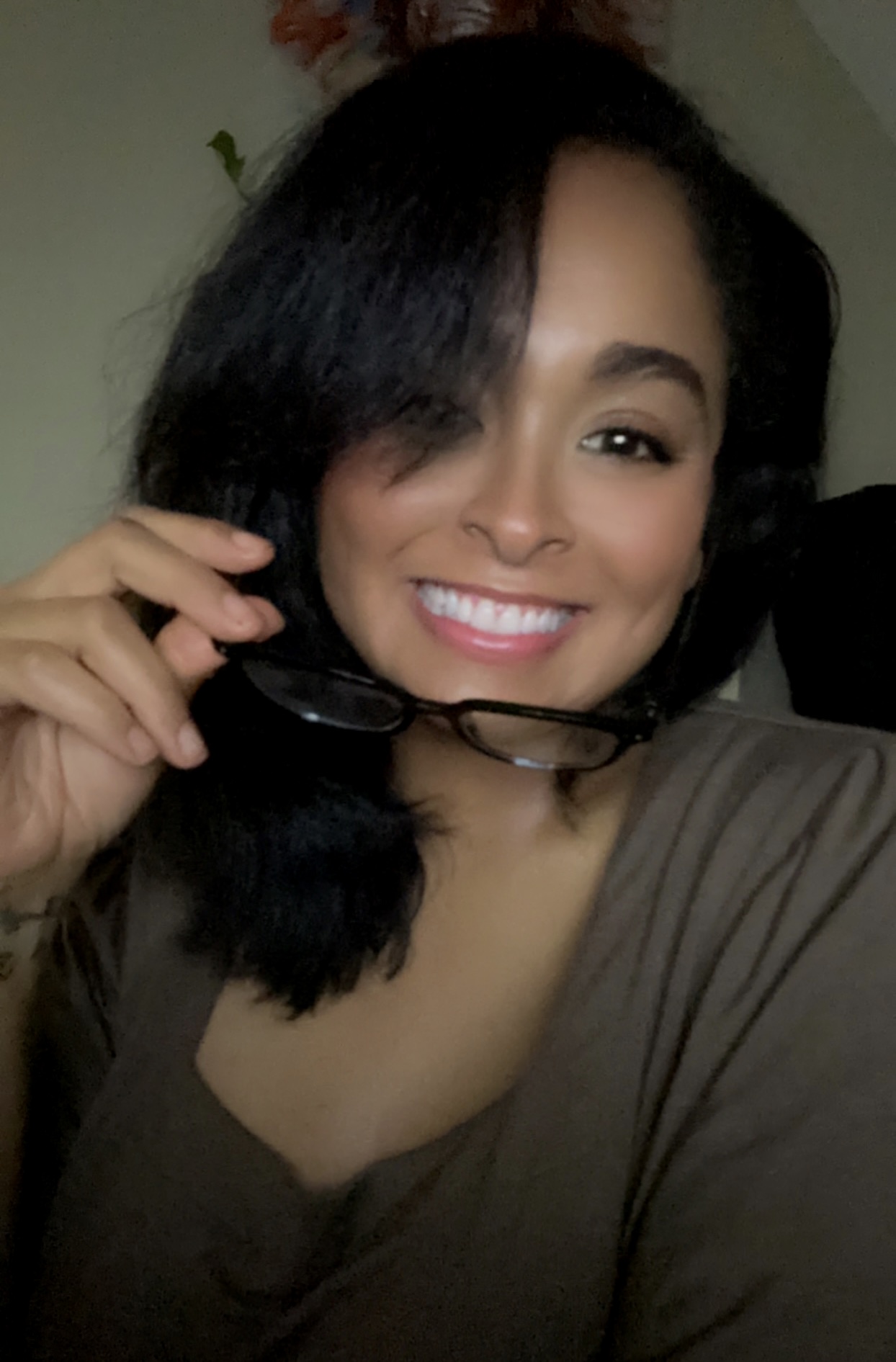
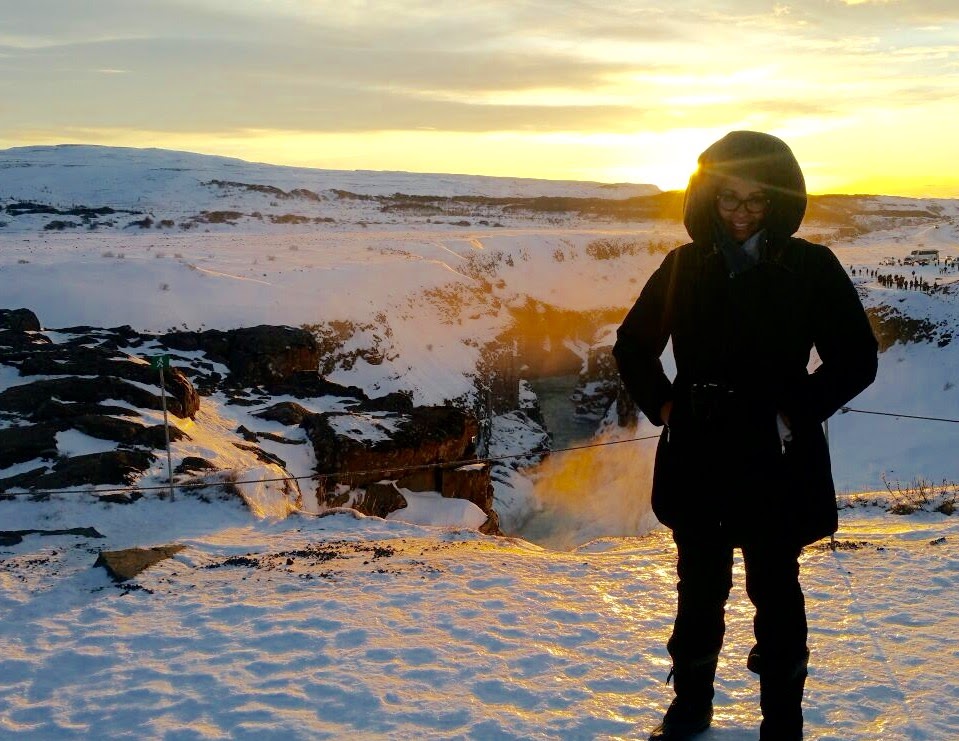
Do you think there is something that non-creatives might struggle to understand about your journey as a creative? Maybe you can shed some light?
Non-creatives might struggle to understand just how difficult being creative can be in its own right. From a fiction writer’s perspective, we’re not just expected to tell a story—we have to show it. We must breathe life into words so readers can see, feel, and experience everything as though they’re part of the world we’re creating. That’s no small challenge, especially for those who are new to the craft or wrestling with imposter syndrome.
In general, I believe creatives deal with extremes within their own minds. We’re either overwhelmed with too many ideas or stuck with none at all. But to keep working, we have to push through, even when inspiration feels out of reach.
That said, for Black, Indigenous, and people of color (BIPOC) writers, these struggles are magnified by systemic biases in the publishing industry. We’re expected to deliver stories that are not just good but exceptional, because anything less risks reinforcing damaging stereotypes about writers of color.
There’s also the added frustration of seeing non-BIPOC authors writing stories centered on our experiences, our cultures, and our histories—stories that should be told by people within our communities. These authors often receive significant attention and support from the industry, and readers continue to embrace their work, all while BIPOC writers—who bring authenticity and lived experience to these narratives—are overlooked or undervalued. This dynamic perpetuates a cycle where our stories are only seen as valuable when filtered through a non-BIPOC lens.
Despite all these challenges, we persist because we know our voices matter. But it’s not just about telling our stories—it’s about fighting for the space to tell them and ensuring they’re celebrated for the richness and authenticity they bring.
Contact Info:
- Website: https://www.authormimaldonado.com/
- Instagram: https://www.instagram.com/m.maldonado_writes/profilecard/?igsh=dGNmeDRkaWRheW5y
- Other: https://bsky.app/profile/mmaldonado.bsky.social
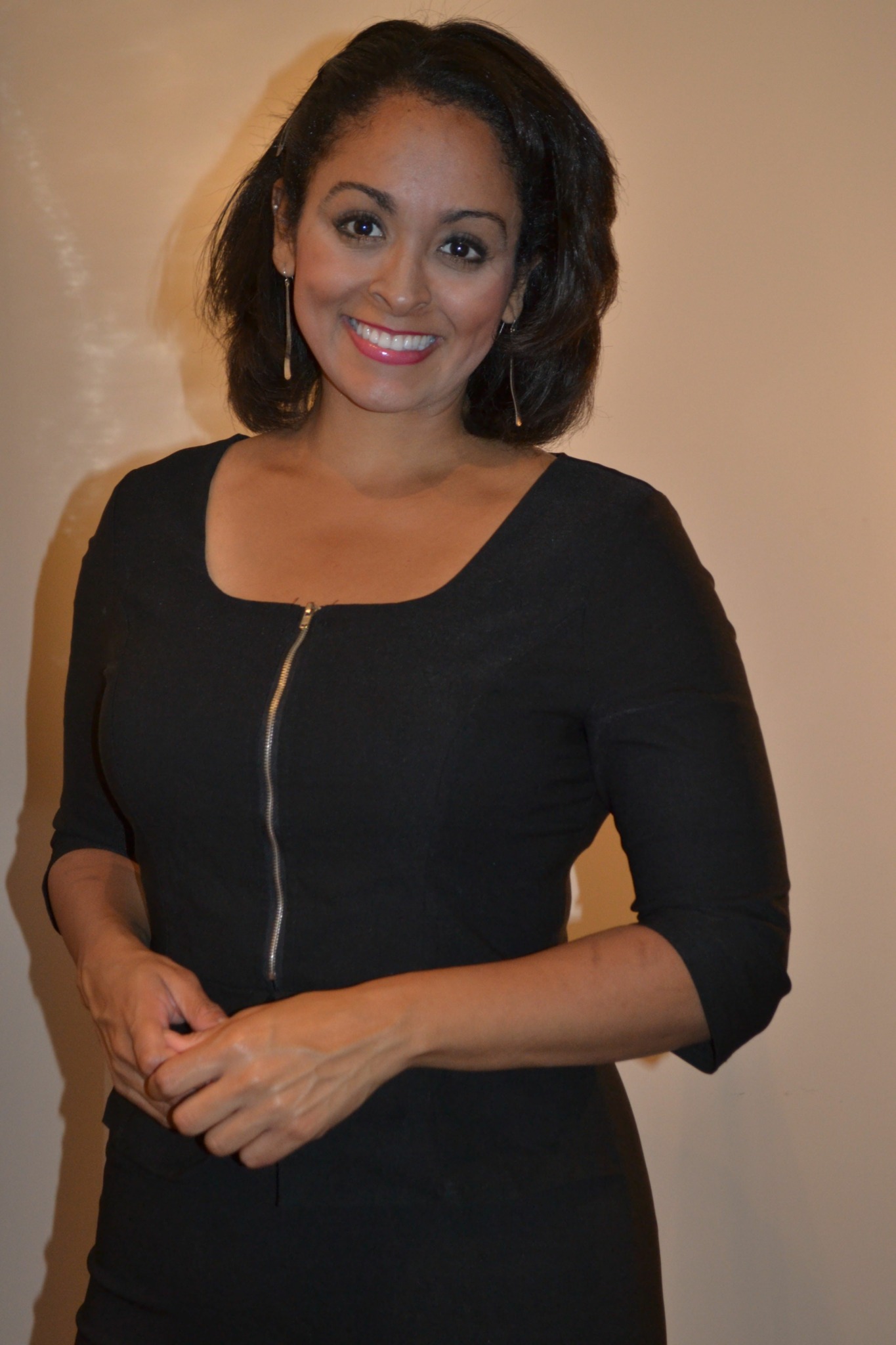
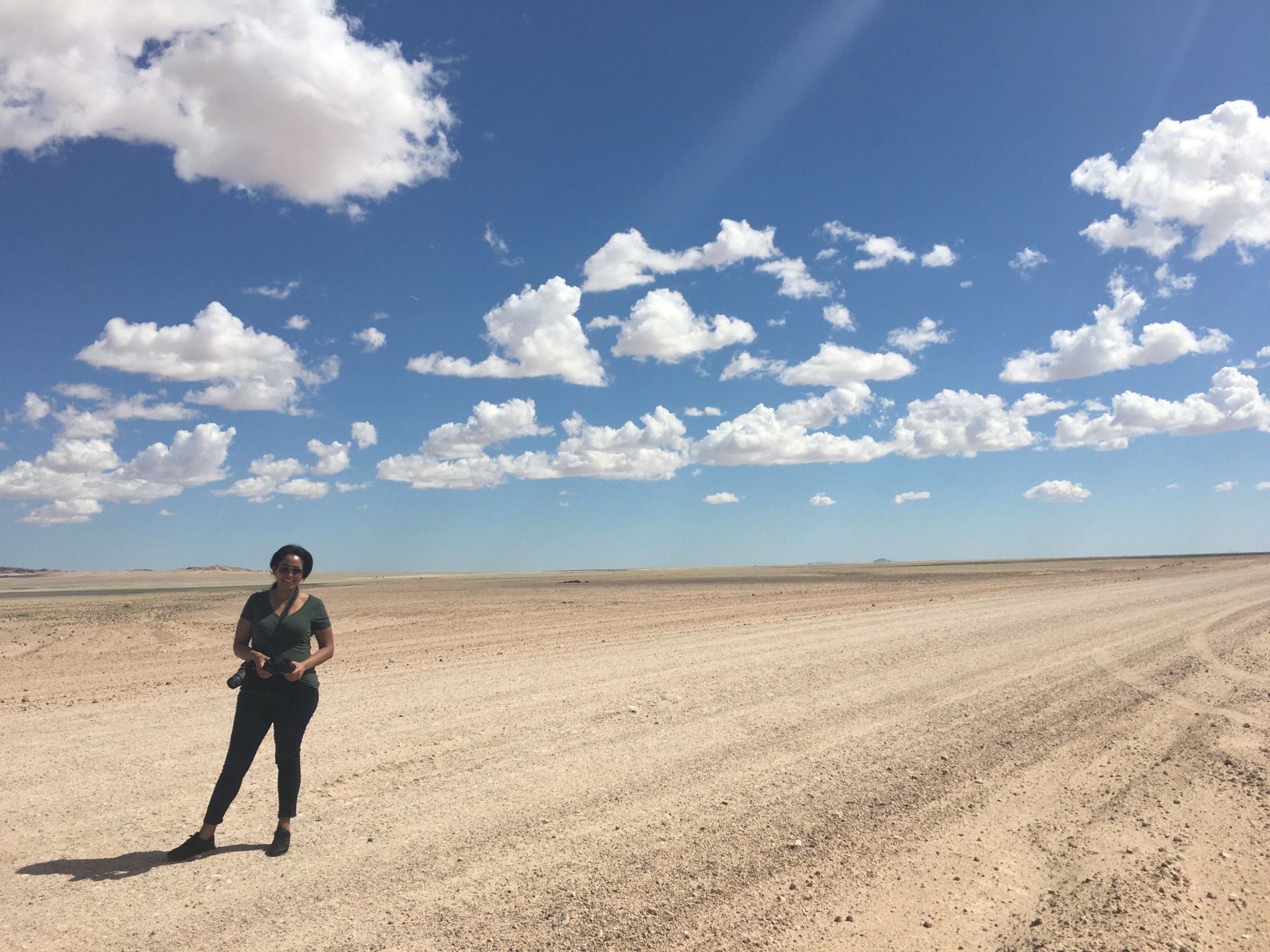
Image Credits
Most of the images are selfies, but the ones in the Namib Desert, Namibia, and the Golden Circle, Iceland, were taken by friends.


